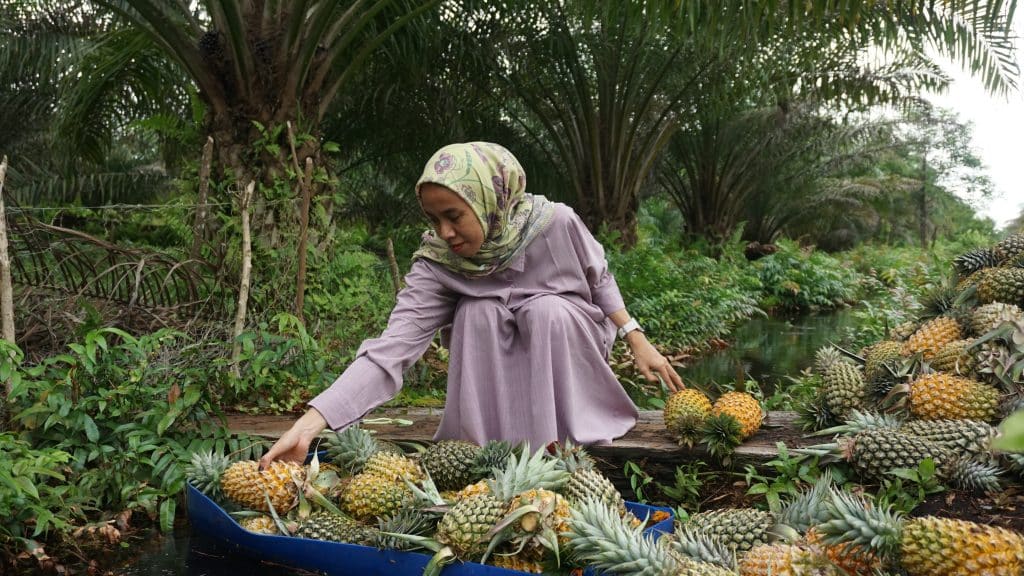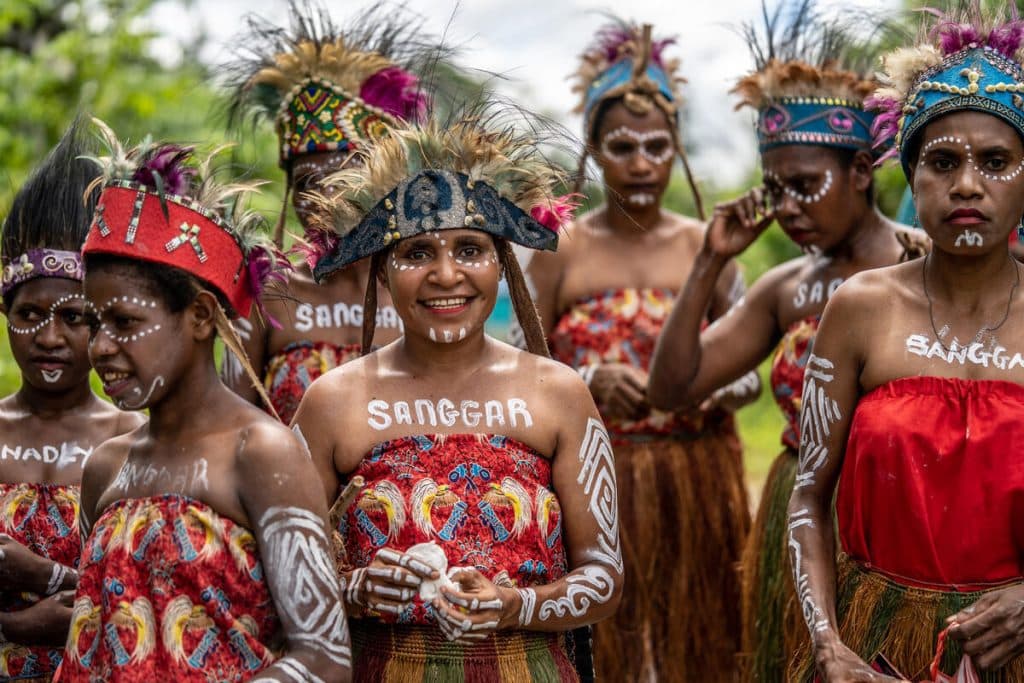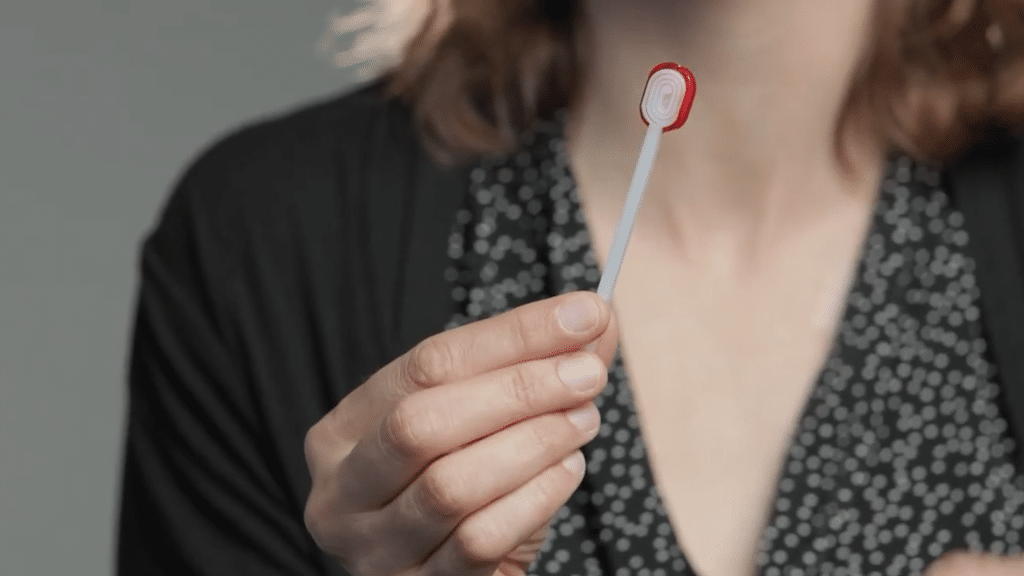In the coffee forests of Ethiopia’s Oromia region, groups of women gather regularly to pool their savings, plan their futures, and exchange ideas.
These Village Savings and Loan Associations (VSLAs) have become spaces where women discuss not only ways to improve their financial security, but also sustainable farming techniques, forest stewardship, and family planning.
Savings groups might not seem like an obvious place to talk about family planning and conservation, but they have become powerful spaces for change. In programs where reproductive health services are integrated with sustainable livelihood and conservation projects, studies have found that people benefit from improved health, economic stability, and environmental stewardship.
This intersection is the heart of FUTURES: My Forest, My Livelihood, My Family—an initiative that was designed to address community challenges holistically, supporting women and young people in the Yayu Coffee Forest Biosphere Reserve to shape their own futures while protecting the natural resources they rely on.
A mother of five, Ain Faisa, remembers the moment she first learned about family planning while attending one of her first VSLA meetings, facilitated by the FUTURES project. Ain had never considered her ability to make choices about if and when to have children.
“It was like coming from the dark into the light,” Ain recalled. “I’ve continued to use family planning ever since.”
Today, as the chairman of the VSLA, she helps other women take control of their futures, building not only savings but also confidence, financial independence, and a stronger voice in their households.
Ain’s experience is just one of many powerful stories from the FUTURES project which promotes a range of sustainable practices—including agroforestry, composting, small-scale irrigation, home gardening, and beekeeping—to boost income sources and help keep the forests healthy and resilient.
FUTURES operates in and around the Yayu Coffee Forest Biosphere Reserve, a mountainous rainforest and biodiversity hotspot. For decades, rural communities in Ethiopia’s forest regions have faced overlapping challenges. Without sustainable management, deforestation threatens the ecosystem and shrinks the available resources. At the same time, there is a high prevalence of early marriages for girls, a lack of quality sexual and reproductive health services, limited access to land for women and youth, and widespread unemployment among young people. Ethiopia has shown commitment to advancing voluntary family planning, but, despite significant progress, millions of rural women still face limited access to services.
FUTURES supports both needs for environmental conservation and reproductive health development.
“The integrated approach of the FUTURES project, alongside the local leadership is what has helped bring solutions to the interconnected issues that the Yayu Forest communities face,” said Yemeserach Belayneh, senior advisor for global reproductive health at the Packard Foundation.
Integrated programming like this is complex with each partner bringing different areas of expertise.
The project is led by the Cooperative for Assistance and Relief Everywhere (CARE), an international humanitarian organization. CARE worked with three local organizations to implement the projects—the Environment and Coffee Forest Forum (ECFF), Kulich Youth Reproductive Health and Development Organization (KYRHDO), and the Oromia Development Association (ODA).
The Packard Foundation provided $5 million to support the launch of the five-year FUTURES project in 2020 and helped orchestrate collaboration between the four partners. As the project approaches its final year, partners are focusing on transitioning ownership to local organizations to ensure sustainability beyond the life of the program.
The Packard Foundation is committed to partnering with communities, civil society organizations, and other funders to stop and reverse tropical deforestation and to expanding access to comprehensive reproductive health care. Together, these efforts help secure a healthier, more sustainable future.
Watch the videos produced by CARE featuring Ain Faisa and other testimonials from the FUTURES project here.





